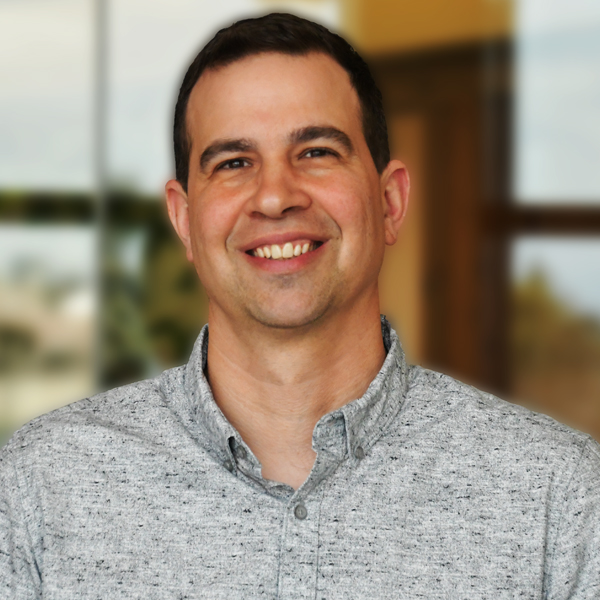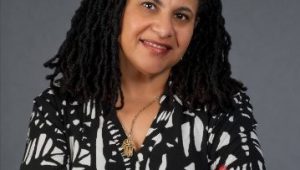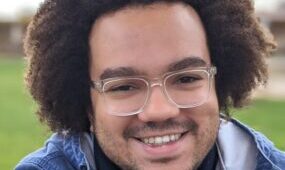
- Welcome to the NAS board Brian! We’re so glad to have you here. Can you start by telling us a bit about yourself (perhaps some things we wouldn’t know from reading your impressive bio) and what inspired you to join the NAS board?
I’m thrilled to be joining the NAS board. Arts, arts and culture leaders, and community engagement have been a big part of my life, be it with the philanthropic organizations at which I have been employed, through my work calling attention to amazing voices from underrepresented and misrepresented communities in media, or even in my down time sharing music and books with my children. I’ve always known that arts and culture make us feel in deeper ways than we can explain. It creates shared experiences, shared emotions, empathy, and community. As for one thing you might not know about me from my bio is that I’m a terrible actor but because my older sister was an actress, I followed in her footsteps in high school, wrote a lot of press releases for our school plays, and was named “best thespian” to our shock despite very limited roles in our musicals.
- You created the American Mosaic Journalism Prize during your time at The Heising-Simons Foundation, which awards excellence in reporting on stories about underrepresented and/or misrepresented groups in the present American landscape. Will you share a bit about the journey that led you to create that prize and what you have learned about equitable representation in journalism that might also be applicable for arts and culture organizations?
Journalism has the ability to bring about greater understanding, and it’s a critical ingredient to a healthy, multicultural, multiracial democracy. But far too often, we are limited in the voices and stories receiving the most attention. At the Foundation, we began funding nonprofit organizations in this space, but we also wondered about all the independent, freelance journalists doing this important work. They have zero support systems and yet produce some of the most magnificent journalism. We also realized that for the cost of one grant, we could create the largest journalism prize in the United States, and make it for this purpose. The prize recognizes journalism’s critical ability to foster greater understanding, and aims to recognize and support freelance journalists with an unrestricted cash award of $100,000 per recipient. It calls attention to the recipients’ great promise, and provides resources for them to continue their work.
Representation matters. If we only hear some people’s stories, if we only experience some people’s arts or culture, we are misunderstanding our country, our neighbors, our family. We are limiting our children’s potential. But if we pay attention to greater representation, if we see ourselves for all that we are and all that we can be, we all benefit.
- From your years in journalism and communications and the vantage point you have now, what do you see as some of the greatest challenges and opportunities facing journalism today? What, if any, connections do you see to the arts?
Journalism has an interesting challenge. At the moment it is most needed for the future of democracy, to hold the powerful accountable, to provide information and strengthen our communities, it faces significant challenges to its traditional business model, thus limiting its resources. But I’m also incredibly hopeful at the opportunities ahead, with more ways for people to share their voices and stories. I feel the same way about the arts. Technology has presented us with new mediums and new tools for which we can connect and have community, and arts and culture will be the way we can do it.
- As the new Managing Director of PBS’ Frontline, you are joining a team that shares stories seen by millions of people on a weekly basis. How are you feeling about the power and responsibility of this new role? How are you preparing to step into this new space?
This is one of the greatest honors of my life. FRONTLINE is the best I have seen at telling important stories, at deep investigative journalism, at holding the powerful accountable. It questions, changes, and explains our world. And it has an absolutely incredible team making that happen, starting with Raney Aronson-Rath, the Editor in Chief who is one of the most talented and creative leaders in journalism. Really, it’s a dream for me to join that team. As for how I have been preparing, I have been rewatching a lot of its powerful programs from over the years! I keep pinching myself that I get to be a part of that.
- Thanks so much again for your time and sharing your thoughts with us. To wrap up, what questions haven’t we asked that you might like to answer? And is there anything else you want to share with our community?
Thanks for having me! When I was a grantmaker, the most important and exciting thing to me was the talent leading the project or nonprofit, initiative or organization that we were assessing. I was energized by the number of amazing leaders making change and making our communities better. With the right leader, I felt the possibilities and ideas were endless. I’m so excited to get to be a small part of the great leaders engaging with NAS.


